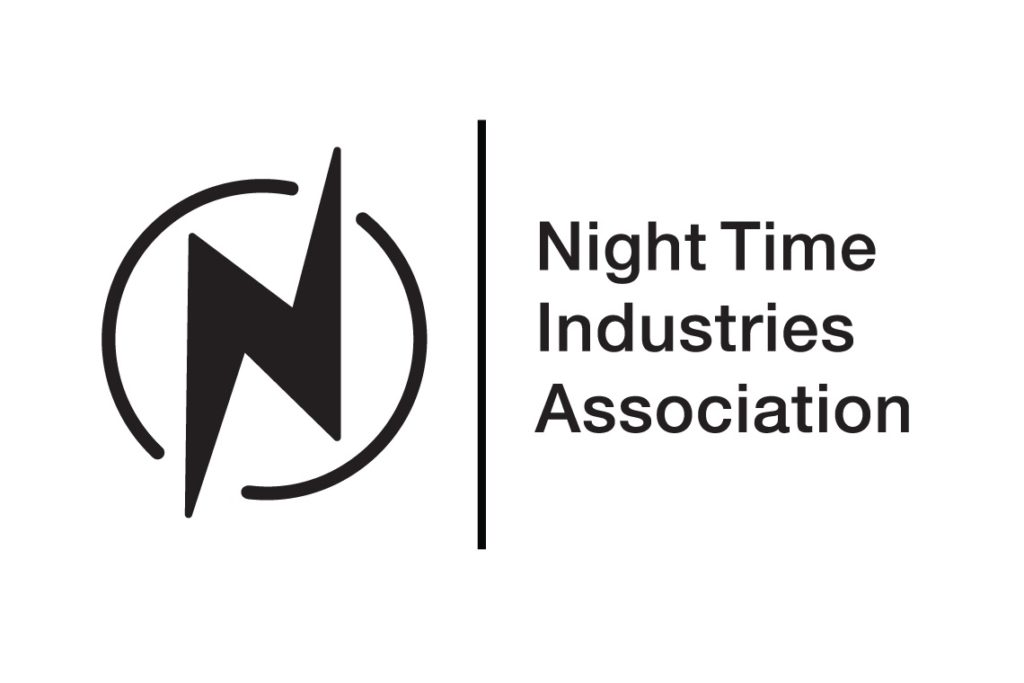
NTIA Calls For Home Office Inquiry Into Drink Spiking
Michael Kill, CEO of the Night Time Industries Association, commented:
“The NTIA are very concerned to learn about the reported increase in the number of spiking incidents taking place across the country. We support all those coming forward to speak about their experiences. It goes without saying that everyone should be able to enjoy a night out without fearing for their own safety, and we are saddened to hear that some don’t feel this way.”
“There is a lot that we as a sector are already doing to try to tackle drink spiking. In response to recent reports, operators across the country have been working with the police, local authorities and key stakeholders, focusing on safeguarding customers, particularly women, at night. It varies by region, but many cities already have well-established networks amongst operators and community support representatives, and work very closely with authorities, communicating on a regular basis to highlight increases in crime or disorder.”
“The truth is though, very real challenges still exist. We know this a societal problem, but it is very difficult to say with any real certainty what the scale of this problem is, because drink spiking is currently criminalised under an offence which encompasses many other types of incident, and it is also not possible to ascertain whether incident occurred within a licensed venue or some other setting. The result is that police data revealed through FOI requests does not give an accurate picture of what’s happening, or lend itself to specifically categorising this particular crime.”
“We have been encouraged to see the progressive approach taken by Devon and Cornwall Police through their drink spiking testing pilot. The Home Office should launch a formal inquiry to examine the results of that pilot, and the lessons that can be applied to the industry and policing nationally. The scheme found that through having on-site testing available in the night time economy, data could be collected that would provide a more accurate picture. Having testing available and clearly communicating this to customers was also found to have de-escalated situations – where tested drinks came back negative – and generally provided reassurance to customers who had spiking concerns. We believe the widespread implementation of these measures – to complement existing routine duty of care measures – is an important step in making sure everyone can enjoy a night out safely and without fear, as it should be. The Home Office should work with the industry as part of this inquiry, and also speak to campaign groups and listen to their concerns.“
